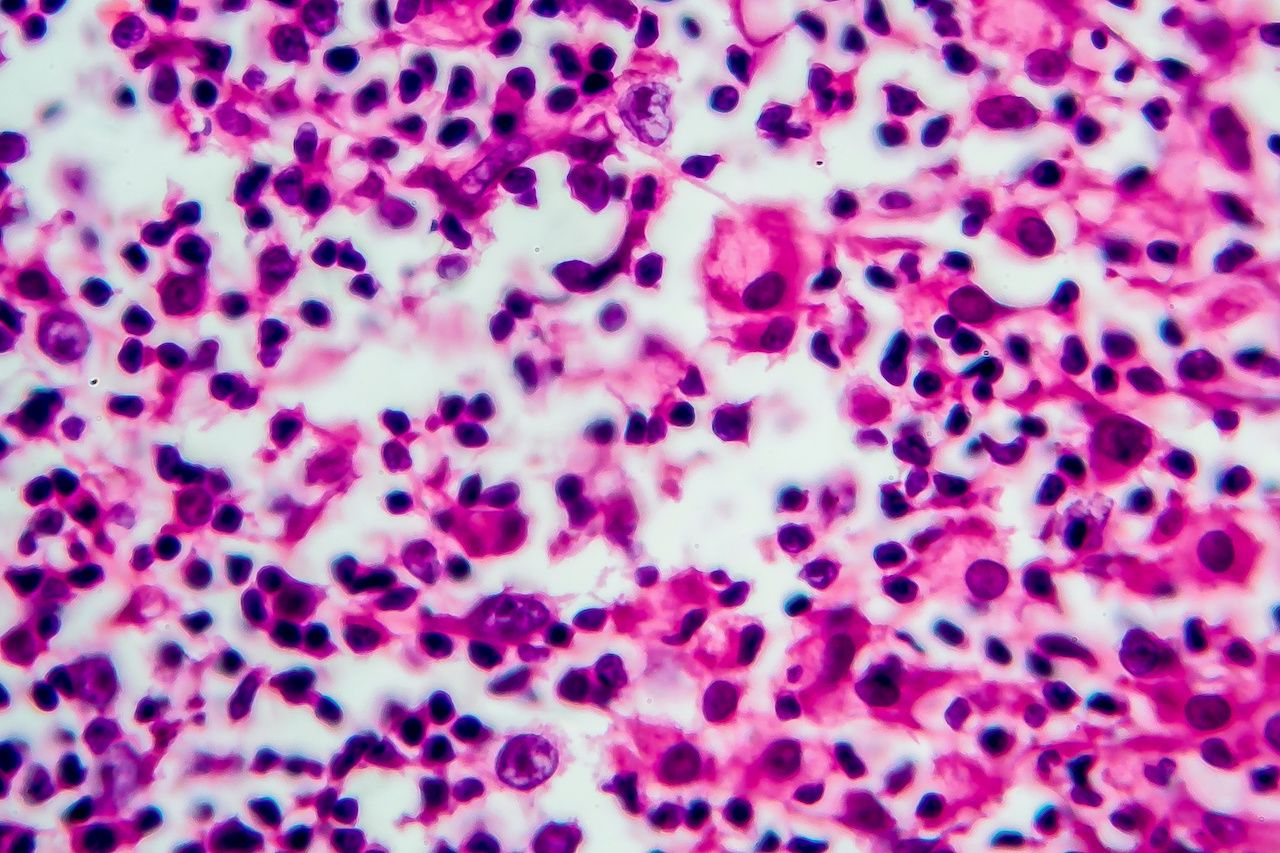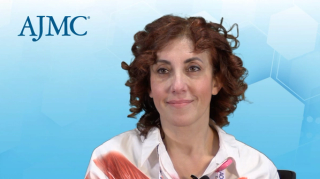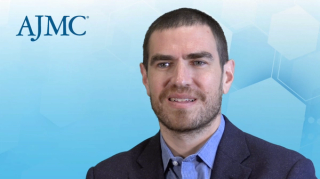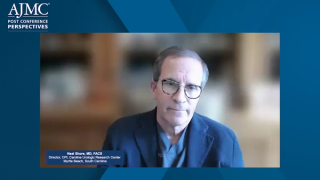
Oncology
Latest News
Latest Videos

CME Content
More News

In part 3 of an interview, MD Anderson’s Ravin Ratan, MD, MEd, discusses neoadjuvant immune checkpoint blockade for 2 specific types of soft tissue sarcomas.



Investigators from Germany conducted a systematic review of different MRI features in soft tissue sarcoma (STS) that are used to infer tumor histological grade.
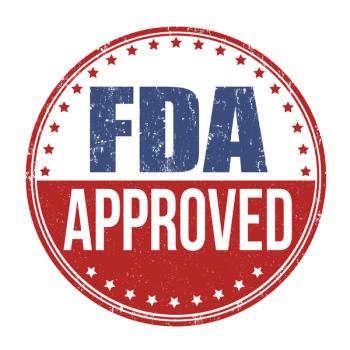
Neurotrophic tyrosine receptor kinase (NTRK)–positive locally advanced or metastatic solid tumors can now be treated with the first FDA-approved treatment option.

Nivolumab/cabozantinib combination therapy showed consistent benefits across various subgroups in patients with advanced renal cell carcinoma (RCC).

Judge rules Florida's ban on gender-affirming care for minors unconstitutional; first consensus definition for long COVID aims to standardize diagnosis and care; pilot program for clinical trial diversity discontinued due to high cost and lack of impact.
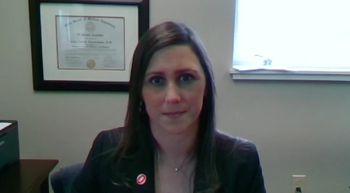
Emily Touloukian, DO, medical oncologist, practice president, and managing partner at Coastal Cancer Center, discusses the importance of patient advocacy when it comes to current issues such as drug shortages and mail order restrictions.

Posters presented at ASCO 2024 found positive responses in the prediction of tumor types and prognostic outcomes in patients with advanced solid tumors and HR+/HER2-negative (HER2–) metastatic breast cancer.
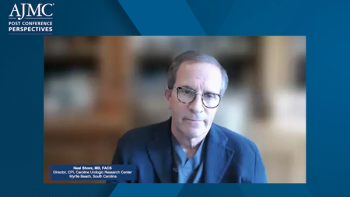
A urologist discusses the prospective advantages of the novel gene therapy nadofaragene firadenovec compared to standard-of-care therapies for patients with BCG-unresponsive non-muscle-invasive bladder cancer (NMIBC) and highlights the significance of the reported 5-year bladder preservation and overall survival rates.
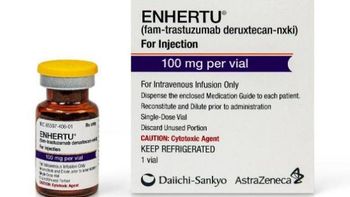


Many US dairy farms have not yet increased bird flu protections for employees despite the outbreak in cows; the human papillomavirus (HPV) vaccine is linked to a drastic reduction in head and neck cancers in adolescent boys and men; the World Health Organization recently accused tobacco companies of actively trying to hook a new generation on nicotine.





While urologists and oncologists agreed on many barriers and facilitators of first-line treatment intensification for metastatic castrate-sensitive prostate cancer, there were also a number of differing beliefs, including whether there is enough clinical support.

The Joint Commission is launching the Rural Health Clinic Accreditation Program to standardize staff training and patient care practices at rural health clinics nationwide; the American Cancer Society recently launched the largest-ever study of cancer risk and outcomes in Black women; the HHS COVID-19 vaccination campaign saved $732 billion by preventing illness and related costs.

CMS rules hindered the access of rural patients with cancer to medically integrated pharmacies in 2023. The authors discuss the impact on equity in health care, emphasizing the need for regulatory change.

Coverage from the Community Oncology Alliance Community Oncology Conference, held April 4-5, 2024, in Orlando, Florida.

On this episode of Managed Care Cast, we're talking with the authors of a study published in the April 2024 issue of The American Journal of Managed Care® about their findings on the rates of low-value cancer care services throughout the COVID-19 pandemic.



Integration of prostate MRI may improve the balance of patient harms and benefits in prostate cancer screening.




